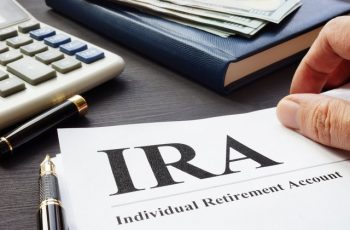
There are several first-time buyer programs. Many are state or locally sponsored in the form of grants or no-interest loans. A grant is essentially free money. For someone who qualifies for a grant, the funds are issued and as long as the borrowers keep the property for a specific period of time, say for at least three years in many cases, the grant money is completely forgiven and doesn’t have to be paid back. There are typically certain income restrictions which limit the amount of income the borrowers can have and other instances where the property must be located within a specific area, typically one that is underserved and housing assistance is necessary for many.
There can also be first time buyer loans that carry little to no interest. During the first two or three years, the loan doesn’t have to be paid back but at the same time interest accrues for loans that have an interest rate. Just like a forgivable grant, such first time buyer loans can be waived entirely after an initial period. Again, these are reserved for first time buyers.
But what exactly is a first time buyer? The name is relatively self-explanatory, it’s someone that has never purchased a home before. Many programs however make additional allowances and make an exception for someone who hasn’t owned a home in the previous three years. If someone last owned a home four years ago, that person may still qualify for a first time home buyer loan. These special programs help buyers with down payment assistance in most cases. For first time buyers, it’s the down payment and closing costs that are the biggest barrier to homeownership. When someone buys a first home, that allows the current owners to move up and buy another one. First time buyers help fuel the real estate industry and why they’re such an important player.
Down payment money can come from an account the borrowers own. This can mean a checking or savings account. It can also mean cashing in a stock or mutual fund. Financial gifts from qualified donors can also be a source of funds. One type of account that is rarely taken advantage of is an Individual Retirement Account or IRA.
Consumers can contribute to an IRA annually and the funds grow over time. The IRA can be tapped into any time but if any funds are withdrawn before the age of 59 ½, there is a 10 percent withdrawal penalty paid to the IRS come income tax time. Now the laws allow individuals to receive early distributions up to $10,000 for a first time buyer with no withdrawal penalty. With this program, first time home buyer status is defined as not having owned a home within the last two years, not three like many other programs.
How would a lender know whether or not someone has owned a home before? The simple answer is just to ask. Loan application and documentation will ask the applicant if they’ve ever owned a home before. At the same time, there most likely would have been a mortgage. This mortgage will show up on a credit report and show the reporting dates. If the mortgage was paid off it will say so on the credit report but also show the payoff date.
It’s important to note here that withdrawing money from an IRA means a couple of things. One, the funds in the IRA accrue interest. Initially, the interest is applied to the initial balance but later as the fund grows, interest accrues on the entire balance, not just the initial principal amount. When someone withdraws funds from an IRA, the amount of interest on the account will fall because the balance is lower. Two, using funds from an IRA pretty much holds those funds hostage in the property. Funds in a down payment aren’t liquid and can only be accessed by selling the property, obtaining a cash-out refinance or obtaining a home equity loan or home equity line of credit.
While using IRA funds is certainly an option there are some important considerations. Tapping into any retirement account, including an IRA, should be done with only the advice of a tax or retirement professional. But for those who are searching for funds for a down payment and closing costs and coming up short, if there’s an IRA, that’s a real option.
Please reach to us with questions by calling the number above, we are available to assist you 7 days a week.
